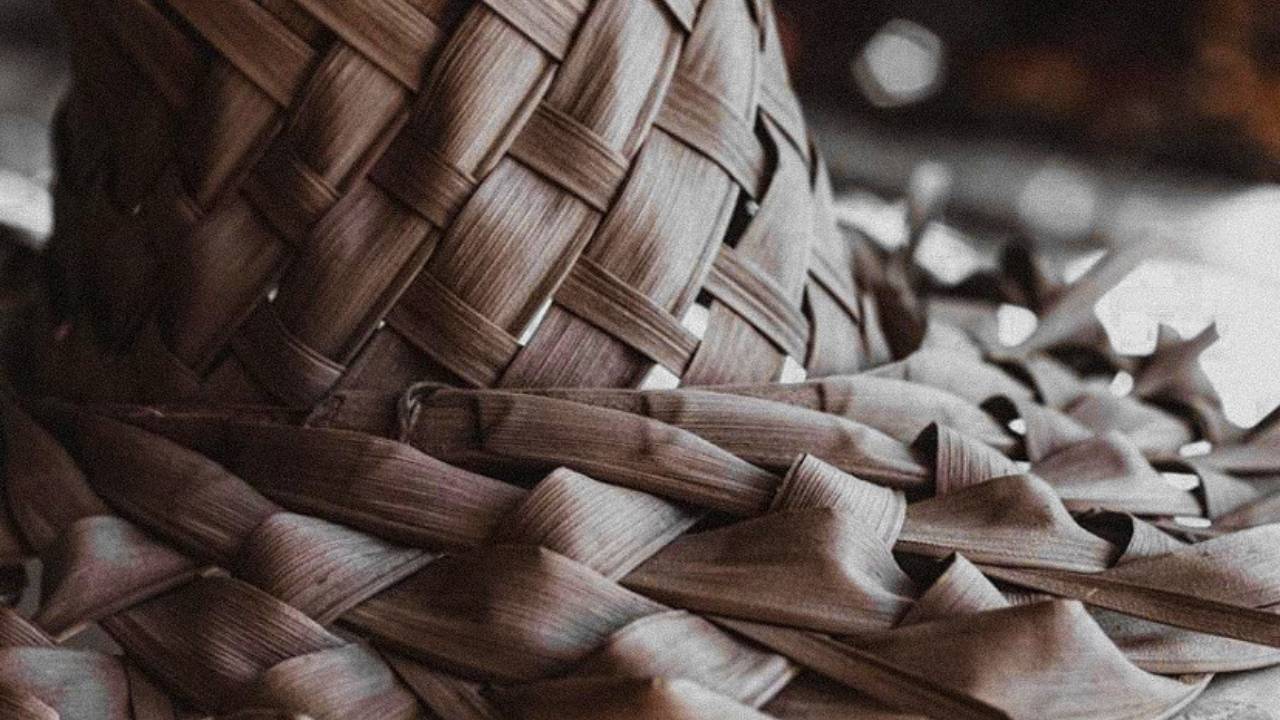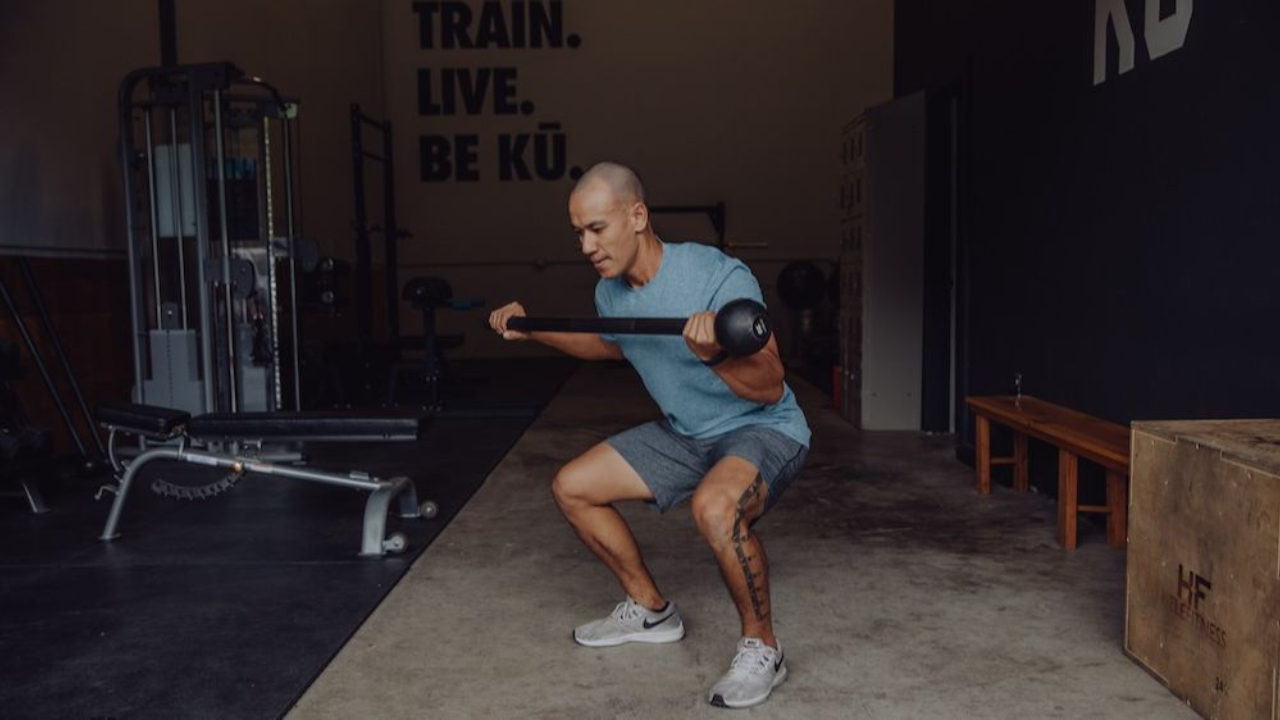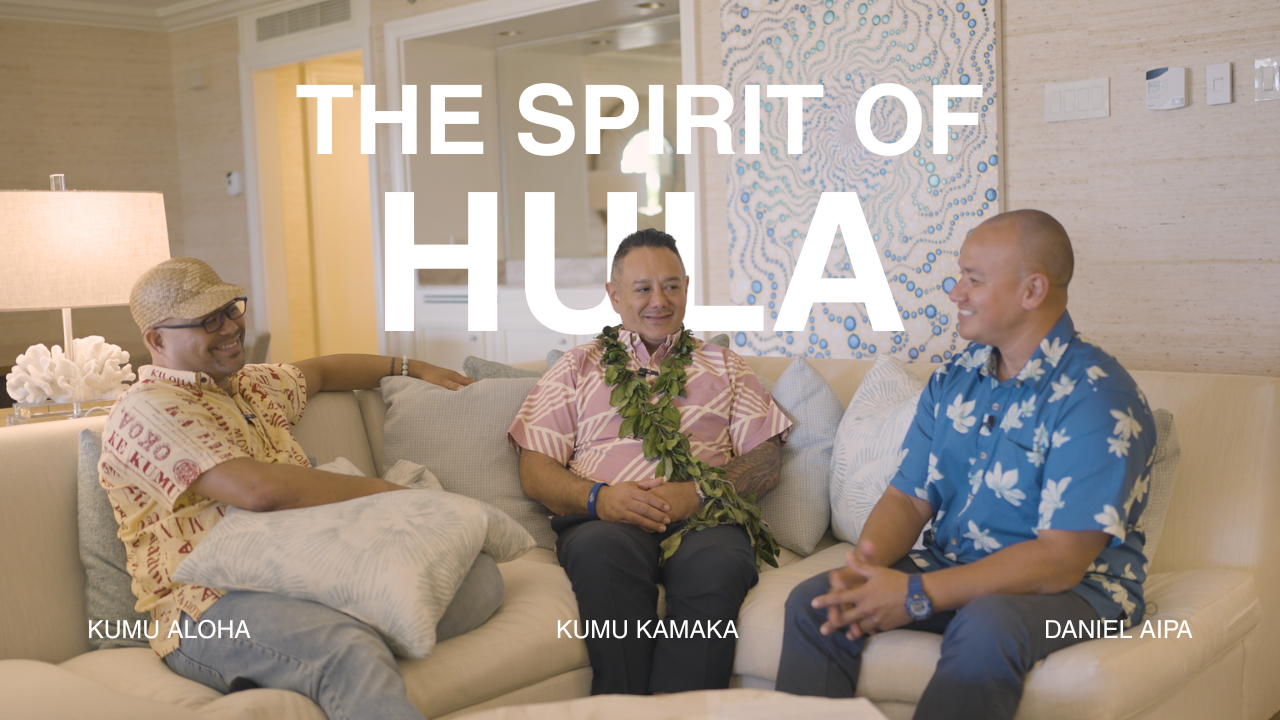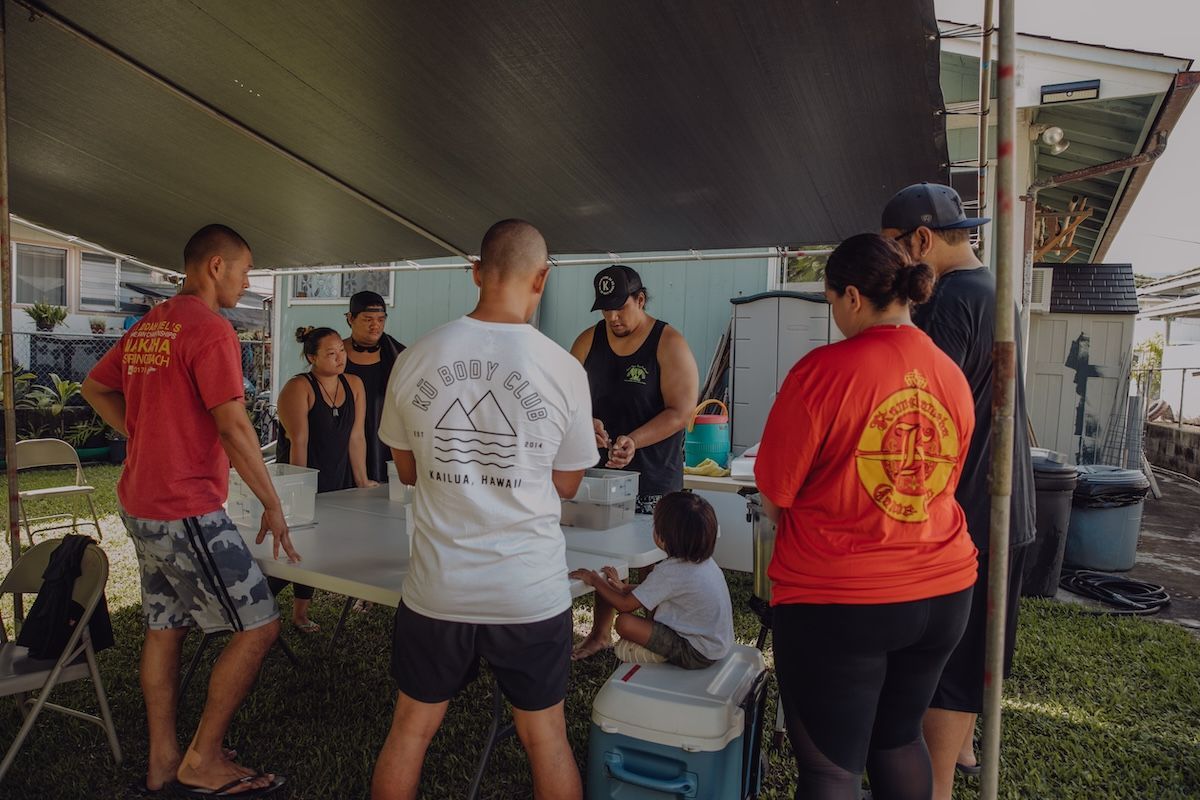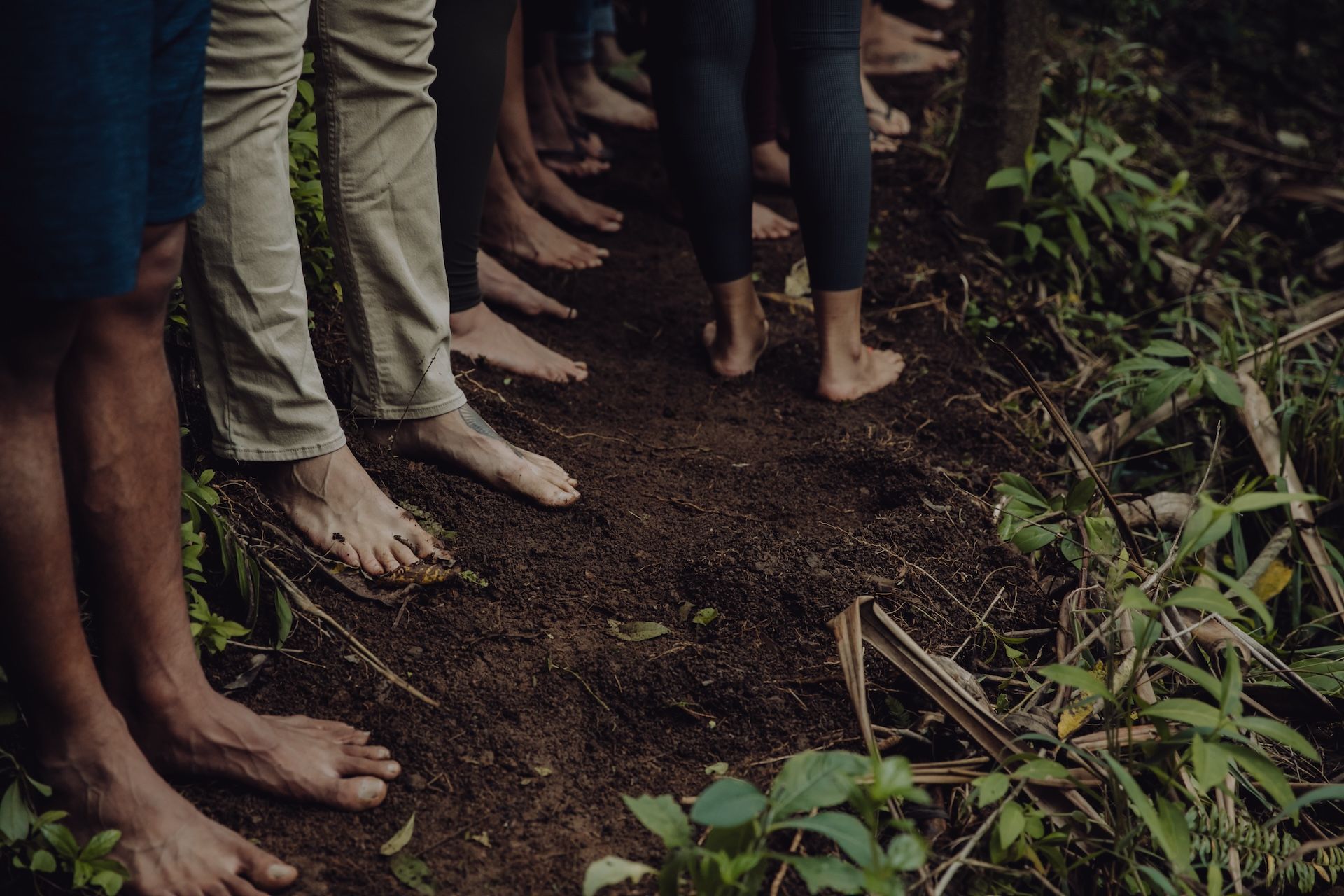How Cultural Wisdom Can Heal the Way We Train
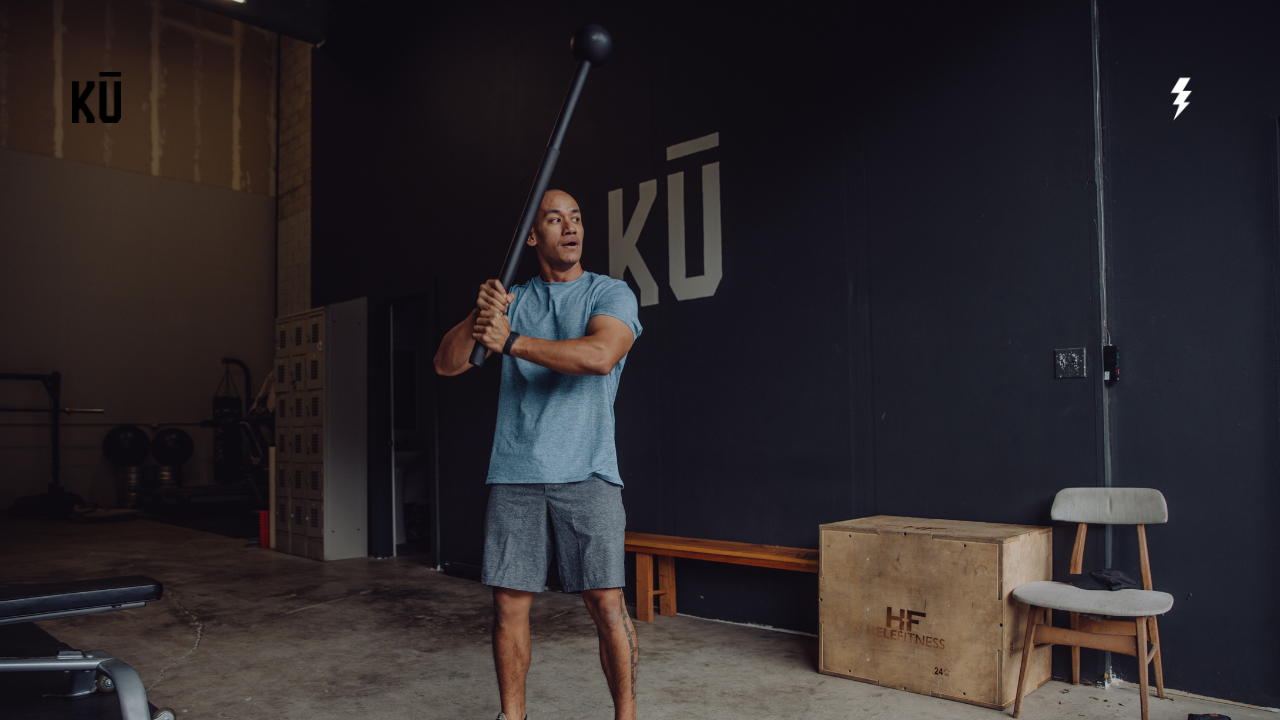
In the modern fitness world, training often gets reduced to numbers—sets, reps, calories burned, personal bests. We track, measure, and optimize until movement becomes more about data than devotion. But somewhere along the way, the deeper reasons for our movement have been forgotten.
Cultural wisdom, especially from Indigenous and ancestral traditions, offers a different lens. It reminds us that movement isn’t just about performance; it’s about connection. Connection to our body, our environment, our people, and the unseen forces that shape our lives. In Hawaiian culture, training the body was never separate from training the spirit and mind. Strength wasn’t just for self-gain, it was a way to serve your ʻohana, your community, and the ʻāina.
When we bring that perspective into today’s training, something shifts. We stop chasing fitness as a purely aesthetic pursuit and start using it as a way to live with more presence, more resilience, and more purpose.
Movement as Ceremony
In the past, every skill had meaning beyond its physicality. Throwing a spear wasn’t just about accuracy; it was about protecting the village. Paddling wasn’t just cardio; it was a connection to the ocean and each person in the canoe. These movements carried a sense of responsibility and identity.
When training becomes a form of ceremony, every rep, every breath, every drop of sweat has intention. Your warm-up isn’t just “getting ready”, it’s a preparation of mind and spirit. Your rest days aren’t laziness, they’re part of the natural rhythm, honoring recovery the way the land rests between harvests.
We can adopt this mindset today by infusing our training with small rituals: a moment of stillness before starting, a breath of gratitude after finishing, or a practice of dedicating your effort to someone or something beyond yourself.
The Role of Cycles and Nature
Modern training often ignores the seasons of life—both literal and personal. We’re told to push year-round, to keep chasing more weight, more miles, more output. But cultural traditions recognized that the body thrives when it moves in rhythm with natural cycles.
Hawaiian moon calendars, for example, guide fishing, planting, and even healing. Certain nights are for gathering energy; others are for releasing. The same thinking can be applied to our fitness. Some weeks are for intensity, others for restoration. Some seasons are for building, others for refining.
By aligning our training with these rhythms, we stop fighting our body’s natural ebbs and flows. We become more sustainable athletes—not just for a season, but for life.
Food as a Source of Mana
Nutrition today is often framed as restriction or calculation; macros, deficits, “clean” versus “cheat” meals. But in many cultures, food is not just fuel, it’s mana, a source of life force. What we eat carries the energy of the land it came from, the hands that prepared it, and the traditions it belongs to.
When we approach nutrition through cultural wisdom, we move away from punishment and towards nourishment. We choose foods not only for their nutrient profile but for their connection to our heritage, our values, and our well-being. A simple bowl of kalo, cooked slowly and shared with family, might nourish you in ways a perfectly measured protein shake never could.
Training for Service, Not Self
Perhaps the biggest shift cultural wisdom can bring is this: strength is not just for you. In Hawaiian thought, to be strong is to be able to stand for others, to protect, to contribute. The measure of your fitness is not just how fast you can run or how much you can lift, but how you show up when your community needs you.
This reframes the “why” behind our training. Instead of chasing numbers to prove something to ourselves, or strangers online, we train so that when life calls on us, we can answer. Whether it’s carrying a friend’s pack up a mountain, paddling out in heavy surf to help someone, or simply having the stamina to play with your kids after a long day, your fitness becomes a gift you share.
Healing the Relationship
For many, modern fitness has created a fractured relationship with the body, marked by guilt, burnout, injury, or the constant feeling of “not enough.” Cultural wisdom offers a path to repair that relationship, that pilina.
It teaches us to move with respect, not force. To rest without shame. To eat with gratitude, not fear. To see training not as an endless climb to a peak that never comes, but as a lifelong voyage—one marked by learning, adaptation, and balance.
This doesn’t mean abandoning progress or challenge. It means redefining them. Progress might be moving pain-free again. A challenge might be learning a new skill that connects you to your ancestors. Success might be measured not by your reflection in the mirror, but by the strength of your presence in your own life.
Standing Tall Again
When we integrate cultural wisdom into the way we train, we remember that fitness is not separate from the rest of life, it’s woven into it. We train not only to stand taller in our own bodies, but to help others stand tall too.
In the KŪ Project, we call this living a KŪ life; upright, rooted, and ready. Not chasing endless improvement for its own sake, but cultivating the kind of strength that endures through seasons, serves your people, and keeps you grounded no matter what comes.
In the end, the most powerful training plan might not be the newest program or the latest tech. It might be something far older, carried in the wisdom of those who moved before us, and waiting for us to remember.


